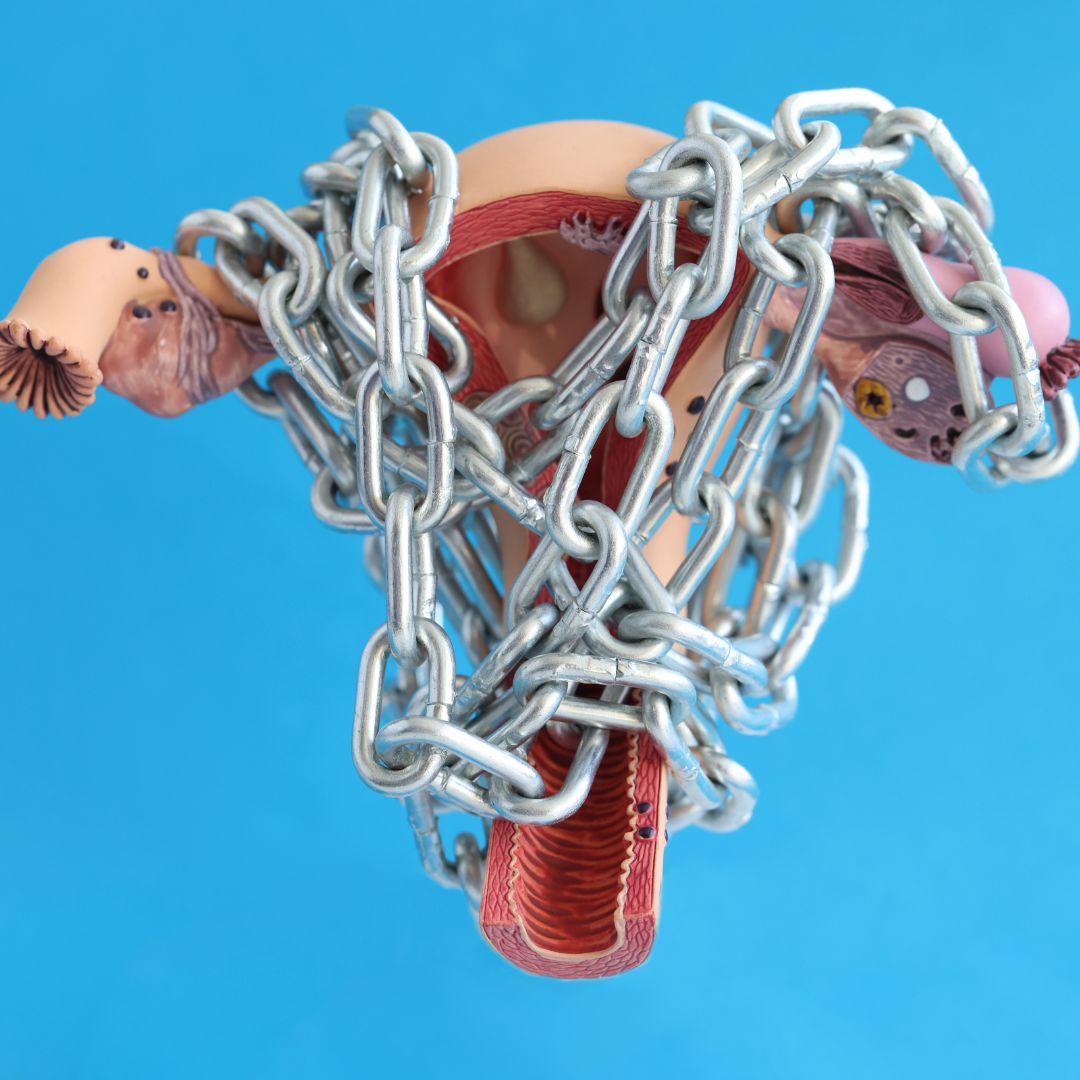I got pregnant with blocked fallopian tubes babycenter

If you have been diagnosed with blocked fallopian tubes, you are not alone. It is a common diagnosis given to women who are struggling to conceive. While there are fertility treatments available that can help unblock the tubes, it is also possible to get pregnant with blocked fallopian tubes without any medical intervention.
Pregnant with blocked fallopian tubes success stories
Someone, I got pregnant with blocked fallopian tubes
As someone who has experienced fertility challenges, I know first-hand how difficult it can be to conceive. But there is hope! In this article, I will share my story of getting pregnant with blocked fallopian tubes. I will also provide information on the causes of blocked fallopian tubes, treatments that are available, as well as alternative treatments that may help you if you are facing this diagnosis. Additionally, I will share my experience with an unexpected pregnancy despite a blockage in my fallopian tubes. And finally, I will offer some tips on managing stress during pregnancy if you have been diagnosed with a blockage in your fallopian tubes.
The most common cause of blocked fallopian tubes is scar tissue from previous uterus surgery or sexually transmitted infections (STIs). Other causes include endometriosis, abnormal tissue growth inside the uterus, and pelvic inflammatory disease (PID). Blockages can occur in one or both of the fallopian tubes. Females are getting pregnant with only one fallopian tube.
Experience With Alternative Treatments
There are several treatments available for Pregnancy with blocked Fallopian tubes. These include surgery to repair or remove the blockage, in-vitro fertilization (IVF), and intrauterine insemination (IUI). Some women also choose to use alternative treatments, such as acupuncture or herbal medicine.
It is possible to become pregnant even if you have blocked Fallopian tubes. In some cases, the egg can travel around the blockage or implant itself in another part of the reproductive system. This is known as an ectopic pregnancy and can be very dangerous for both mother and baby. If you have been diagnosed with blocked fallopian tubes, you may be feeling overwhelmed and unsure of what to do next. This is a common fertility challenge, but there are treatments available that can help you conceive. In this article, we will discuss the causes of blocked fallopian tubes, treatments for this condition, and alternative treatments that may be effective. We will also share stories from women who have become pregnant despite having blocked fallopian tubes. We will offer tips for managing stress during pregnancy when you have this diagnosis.
Blocked Fallopian Tubes and Fertility Challenges
Blocked fallopian tubes can be a major obstacle in achieving pregnancy. These essential pathways that transport eggs from the ovaries to the uterus may become blocked due to various reasons, including pelvic inflammatory disease, endometriosis, or surgery scarring.
Blocked fallopian tubes treatment hospitals are available as per needs
Fertility treatment options for women with blocked fallopian tubes may include laparoscopic surgery to remove scar tissue or unblock tubes or in-vitro fertilization (IVF) where the fertility specialist retrieves eggs from the ovaries after stimulating them with hormones and then combines them with sperm outside the body before transferring embryos into the uterus. It is important for individuals experiencing infertility challenges related to blocked fallopian tubes not to lose hope. With proper medical intervention and emotional support from loved ones, many couples have successfully overcome this obstacle on their journey toward parenthood. explore intracytoplasmic sperm injectionicsi
miracle pregnancy with blocked fallopian tubes
When discussing fertility, blocked fallopian tubes are among the most frequent causes. However, for some women, a miraculous pregnancy with blocked fallopian tubes is possible even with this medical condition. Although it may appear inconceivable to start with, there have been many instances where women with obstructed or damaged fallopian tubes have successfully conceived. In test tube baby may seem unusual or even like something out of a science fiction movie to some. In reality, it refers to the process of in vitro fertilization (IVF), which is when eggs are removed from the mother and joined with sperm in a laboratory dish. This procedure becomes necessary when natural fertilization cannot occur due to factors such as blocked fallopian tubes, low sperm count/damage, or other fertility issues.
Causes of Blocked Fallopian Tubes
Sexually transmitted diseases like chlamydia or gonorrhea can also contribute to blocking fallopian tube passages by causing inflammation and swelling within them which result in tubal scarring or total occlusion of any section of these pathways.

In addition to the medical conditions mentioned above, lifestyle factors such as smoking may increase one’s risk for developing blockages in their Fallopian tubes leading to subfertility or difficulty conceiving naturally.
It is important for individuals who struggle with infertility issues due to blocked Fallopian Tubes to seek medical assistance from certified gynecologists before resorting to remedies not backed by empirical evidence such as homeopathic treatments on online sources since successful diagnoses go hand-in-hand with personalized treatment plans suggested by professionals based on individual experience.
Treatments for Blocked Fallopian Tubes
Blocked fallopian tubes can be a daunting and frustrating obstacle for couples trying to conceive. However, there are a variety of treatments available that may improve fertility and increase the chance of successful pregnancy. In some cases, surgery may be necessary to remove scar tissue or other blockages within the fallopian tubes. Alternatively, assisted reproductive technologies such as in vitro fertilization (IVF) may bypass blocked tubes altogether by retrieving eggs directly from the ovaries and then transferring them into the uterus. Faqs are
- Can fallopian tubes be blocked after the first pregnancy
- 7 steps to getting pregnant with blocked fallopian tubes
Ultimately, finding the right treatment approach will depend on individual factors such as age, medical history, and severity of tube blockage. Women who suspect they may have blocked fallopian tubes should consult with their healthcare provider to discuss diagnosis and explore available options for improving fertility.
Unexpected Pregnancy Despite Blockage
An unexpected pregnancy can be a shock to anyone, especially when there are previous medical conditions in the mix. Despite blockages that may have been causing infertility issues, it’s still possible for conception to occur.
Although this news can bring about a range of emotions, it’s important to remember that every pregnancy is unique and should never be judged or labeled. Whether you were actively trying to conceive or not, take some time to process your feelings and seek out support from loved ones if needed.
It’s also essential to schedule appointments with healthcare professionals who can guide you throughout your journey and keep both you and the baby healthy. Don’t be afraid to ask questions or voice any concerns – they are there for your benefit.
Ultimately, an unexpected pregnancy despite blockage may seem daunting at first but remember that life has its surprises. With love, care, and patience, anything is possible.
Managing Stress During Pregnancy With Blockage
Managing stress during pregnancy with blockages requires patience and effort from mothers-to-be. It’s essential to discuss any health concerns with your healthcare provider before engaging in any physical activity or relaxation technique. Remember that taking care of yourself will benefit both you and your unborn child!
Delivery and Postpartum Care With a Diagnosis of Blocked Fallopian
Delivery and postpartum care can become more complex when a blocked fallopian tube is present. This condition, in which the tubes are obstructed, obstructing the passage of eggs to the uterus, makes it difficult to conceive naturally. Healthcare professionals need to take additional precautions during delivery to guard against potential complications such as ectopic pregnancy, preterm labor, or bleeding disorders. Postpartum care may require hormone therapy drugs or even surgery, depending on the severity of the blockage. Fortunately, there exist various treatments that may help increase fertility in cases of blocked fallopian tubes. Women should speak with their doctors regarding medication regimens and assisted reproductive techniques to find an effective solution that suits them best. Taking precautionary steps during delivery and adopting treatments for fertility increases one’s chances for successful conception both during and after childbirth.
2 Comments